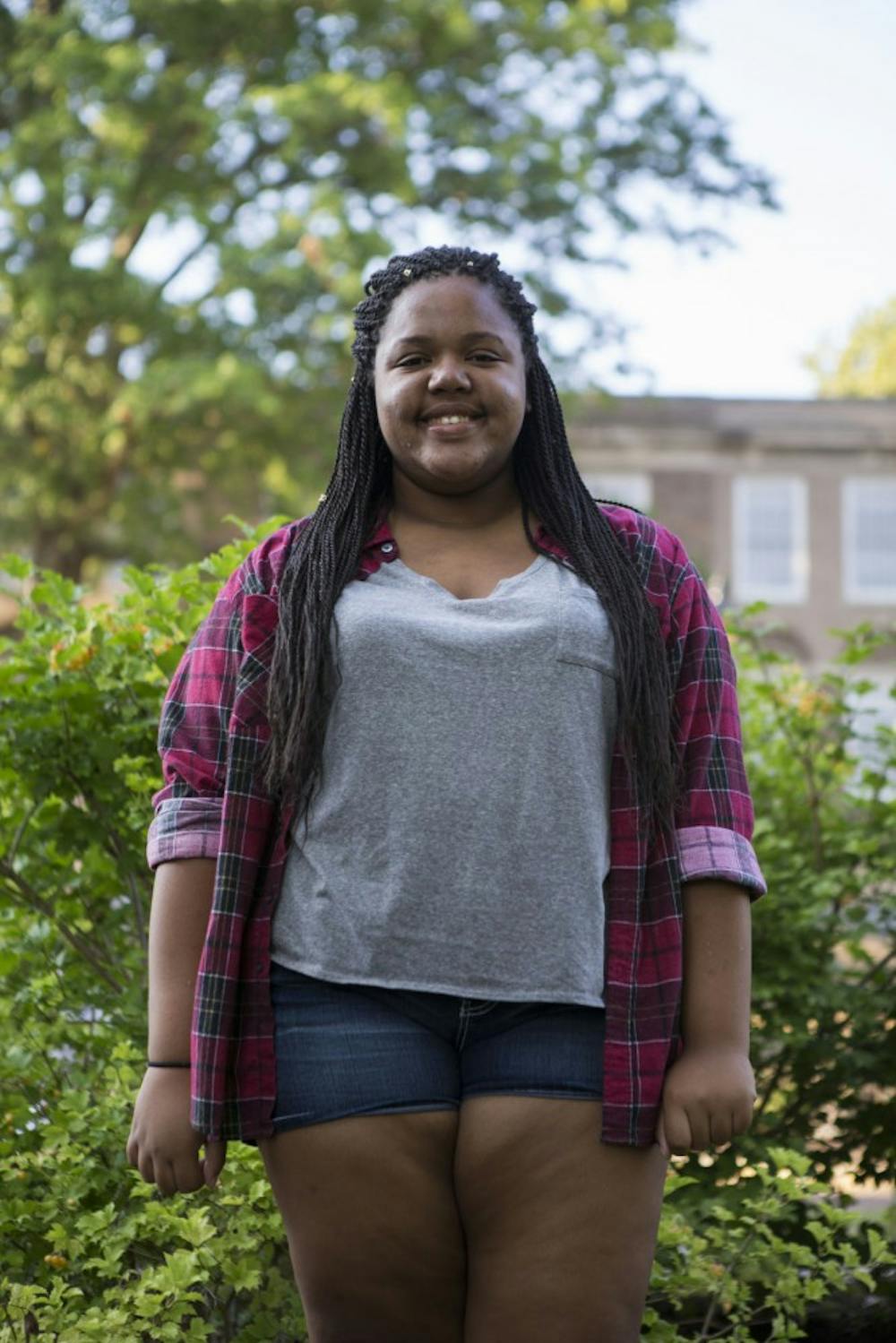Columnist Haadiza Ogwude discusses how mental health is often viewed in African-American communities.
Growing up with a mother who owns a behavioral health and social services clinic — Wv Family Support and Rehabilitation Services in West Virginia — and seeing many of my family members suffer from depression and anxiety, I never understood the stigma of mental health in African-American communities.
It was not until I came to Ohio University that I noticed that there was a very negative conception of mental health among people of the African diaspora. I noticed that because of the stigma and prejudice toward mental health issues in black communities, it makes it very difficult for people suffering from depression or anxiety (or any mood disorder) to acknowledge it, let alone seek treatment.
African-American populations do not have higher rates of depression in the U.S., according to a professor of psychiatry at Johns Hopkins University School of Medicine. However, the statistics could be skewed because African Americans are much less likely to report their symptoms of depression.
In black communities, having a mental illness and taking steps to get help is seen as a weakness. You often hear phrases such as “everyone has problems” or “it’s all in your head” in reference to someone talking about a mental disorder. There is the ideology of the “strong black woman" who is supposed to be tough and present for everyone in her family and, in turn, neglects her own needs. There is also this notion that we have overcome so much in the past — slavery, Jim Crow laws, segregation, etc. — that mental illnesses pales in comparison.
I believe one of the biggest issues with the stigma of mental illness is that we as a community place too much emphasis on trying to remain strong and respectable that we forget we are human. We have problems and needs that need to be addressed. I think as a community, we should encourage people to seek therapy for mental health issues rather than demonize someone for feelings, emotions and illnesses that are beyond their control.
When people choose to ignore the signs of a mental illness, they often times find themselves using other methods to cope with the things that trouble them. Some people begin binge eating, drinking and doing drugs. Some of us even become violent to ourselves or the people around us. In African-American communities, we often choose to self destruct rather than to admit we need help. However, admitting we need help is the first step to achieving any type of mental peace.
In order to eradicate the stigma of mental illness in black communities, we must recognize we are humans with needs and that these needs must be addressed. We must support our family and friends in their journeys of recovery. Lastly, we must start a dialogue in our local communities, households, schools and churches about mental illness and the process of getting help.
Haadiza Ogwude is a sophomore studying journalism. Do you think mental illness has a stigma? Tweet Haadiza @AdoreHaadiza or email her at ho299413@ohio.edu.






